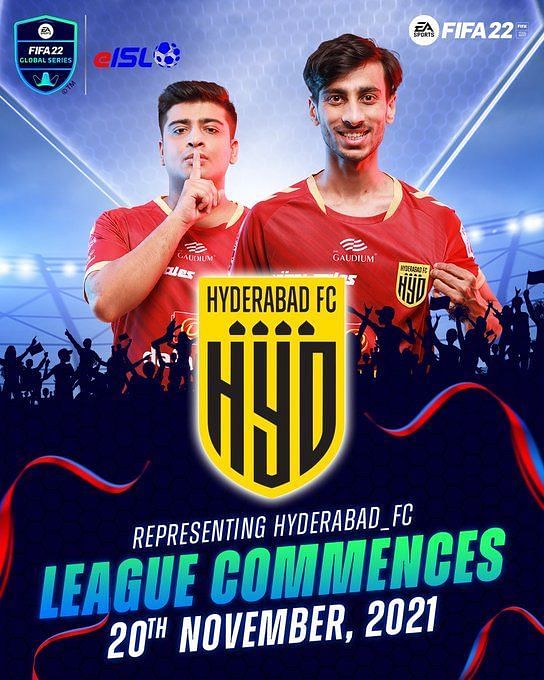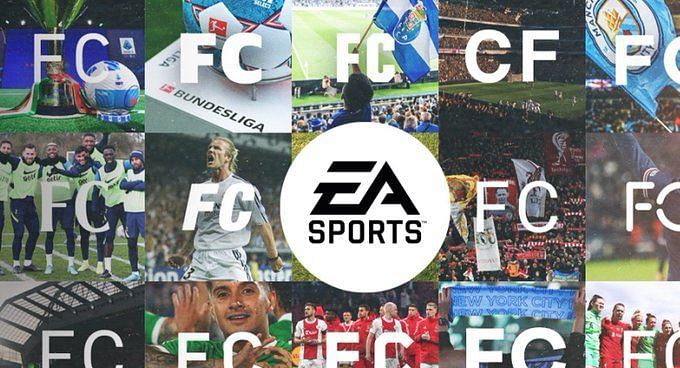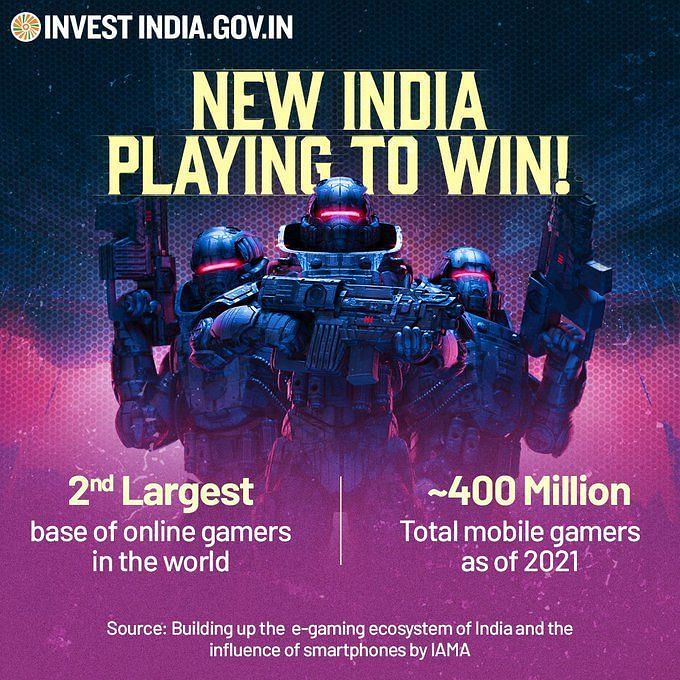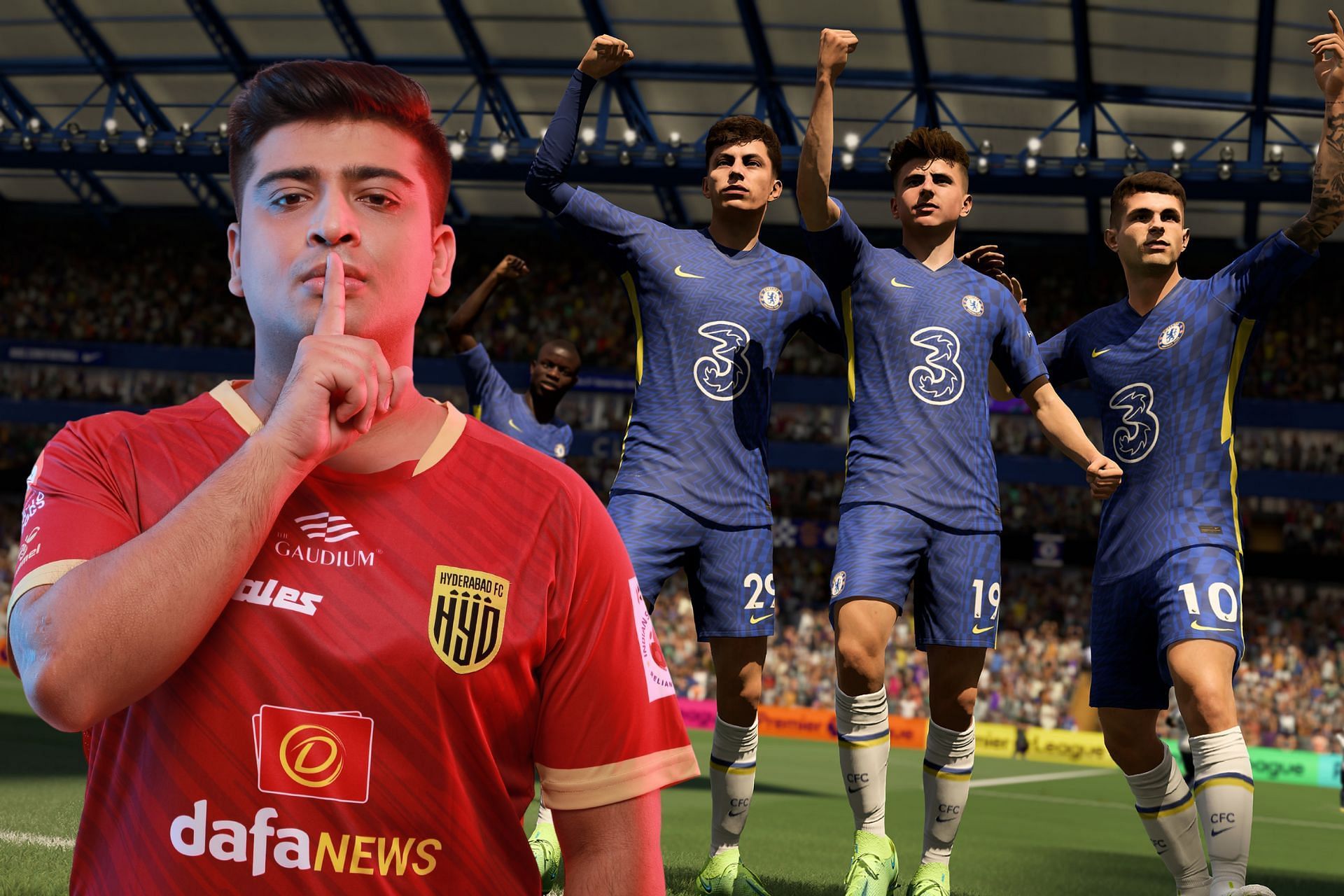
"The inaugural edition of eISL was a massive step in promoting the FIFA esports scene in India": Hyderabad FC player Darvesh Khera
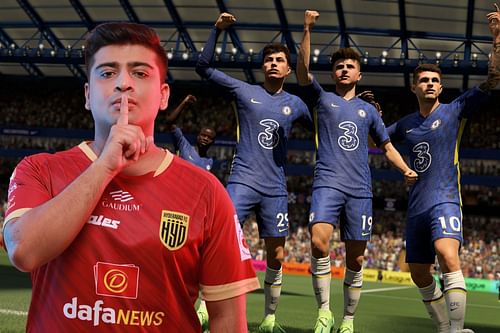
Over two months have passed since eISL, India's biggest FIFA tournament so far, came to a conclusion. While the tournament has already increased the popularity of the competitive side of the game, this is just the start of the FIFA esports revolution in the country.
Delhi-based pro player Darvesh Khera was part of Hyderabad FC's roster in the eISL. Although his side couldn't reach the playoffs, the 22-year-old bounced back tremendously by winning the Flash Cup India Open soon after eISL ended.
In conversation with Sportskeeda Esports' Yasho Amonkar, Darvesh sheds light on his journey so far, lists down three factors that separate pros from casuals, and gives his two cents on how FIFA can potentially attract a larger audience in India.
"For FIFA to reach the level of mobile games in India, they need to focus on the marketing of their competitive structure": Darvesh
Q) Since when have you been playing FIFA competitively? What moment persuaded you to take this as a career option?
Darvesh: My FIFA journey started in 2010 when I got the game on PSP. I used to play a lot of career mode, but that didn't last very long, and I didn't get the next edition of FIFA on PSP. The next FIFA which I got was FIFA 13 on PS3. This was when I started playing Ultimate Team.
I fell in love with the mode, the concept of making your team, managing chemistry between players, and having top players from different clubs in your team. It was all very exciting for me. I was good at making my team, but I used to be bad at the game. I would get thrashed in every online game, but it was a lot of fun playing and improving my team, so I didn't stop playing.
Fast forward to FIFA 16, where I played my first tournament. It was a GamingMonk tournament with a prize pool of 1 lakh INR. I lost in the third round, but I realized that I would love to improve and compete.
I started grinding the game, watched pros on YouTube, and went entirely crazy about competing. I started attending all the offline tournaments and even some online ones. I eventually started improving and getting better finishes. So when I talk about the moment I realized that I wanted to compete, it was when I played my first tournament in FIFA 16.
Q) The esports industry is proliferating in India. However, most parents are still skeptical of their children getting into this field. Did you face any such issues in your early days?
Darvesh: The industry's growth has been amazing in India. There are many opportunities, and it has become a very viable career option. However, some parents are still skeptical about this because it is something they have not experienced themselves. Their concerns are valid because it is a new field.
Luckily, in my case, my mother has been very supportive of me. Letting me play so much at home, allowing me to participate in tournaments, and even traveling with me for some. I can't thank her enough.
I didn't have a driver's license back in 2017. My mom dropped me 20 km away from home because I had a tournament. So when I talk about support, it wasn't just letting me play. It also involved getting me to places. She has been with me during my most heartbreaking losses, so I believe I owe it to her to make an impact in this esport.
Q) Did real-life football have any impact on you getting so hooked to the game? Which team do you support?
Darvesh: In my case, it was actually the opposite. Cricket was somewhat popular in my household, but no one watched football. Hence, I didn't pick up on that until after I played FIFA. Initially, when I watched some games, it was a little boring to me, but after I watched Chelsea play, I became a fan.
Since then, I have enjoyed football a lot, especially because so many emotions got involved, and the results started mattering a lot to me. So looking back, I only started watching football because of the video game.
Q) The FIFA 22 cycle is about to come to an end. What are your thoughts on the game overall? How does it compare to the last iteration?
Darvesh: I think FIFA 22 is pretty good, balanced, and better than last year with regards to the competitive aspect.
There are two versions of the game this year. The PS5 version is meant for competing. On the other hand, the PS4 version is prevalent because of the shortage in supply of the PS5. The PS4 game is similar to what it was like last year, whereas the PS5 version is a whole new game.
What I love about the game is that the passing mechanic is a lot better than in the previous iterations. Moreover, manual pressing in defence is more rewarding as well. There are lesser deflections when you tackle the ball, and there is a skill gap when it comes to player switching, pressing, and intercepting passes.
The game has its moments of madness, but I believe there is a lot of improvement compared to the previous versions.
Q) The inaugural edition of the eISL didn't go as planned for your team Hyderabad FC. What were the most crucial learnings you took home from the 4-month-long tourney?
Darvesh: It was a very long season. While we did put out some good performances, we lacked consistency. One of the key learnings is that you need to adapt according to your opponent. Keep your game strong, but be prepared to counter your opponent's game style. Other than that, you need a very strong head. You need to know how to handle pressure, and you should never give up.
One thing I took away from this tournament was that you should listen to everyone's opinion and keep an open mind because all players playing the tournament knew something that the others didn't. I think the most important thing that I learned was to trust myself, not underestimate my abilities, and focus on the opponent's gameplay more than my own.
I reckon that the reactive style of FIFA is much more effective in the competitive scene. Everyone has a different style of play, a different style of defending, and decision-making. Hence, instead of sticking to one game style, you should know how to adapt according to your opponent.
Q) The eISL was a significant step in boosting the FIFA esports scene in the country. What other actions should be taken to bridge the gap between India and other countries regarding competitive gaming?
Darvesh: The inaugural edition of eISL was a massive step in promoting the FIFA esports scene in the country. It was by far the biggest tournament that has ever happened in this esport in India, with a whopping prize pool of 75 lakh INR and a ticket to FGS.
I think that's a sign of things to come. I had only played tournaments of up to 4-5 lakh before this, and this was quite a huge step for the Indian FIFA scene. For the scene to grow further, I believe we need to spread awareness. The eISL is just the beginning of great things to come, and I don't reckon people knew how big the event was when the qualifiers were happening. According to me, we need to change that.
There are a lot of FIFA players in the country. I have played LAN tournaments with more than 300 people attending in 2016. Since then, the scene has only grown in terms of the number of players, the growth in tournaments, and the amount of Indian FIFA content creators. I think we're on the right track, but we need to spread awareness about how big it has become, and we'll grow faster.
Q) You won the Flash Cup India Open in late March. Which was your favorite match across the entire journey? Do you prefer playing 1v1 or 2v2 tournaments?
Darvesh: It was a fantastic experience playing in the Flash Cup right after the eISL. I remember playing the Flash Cup qualifiers in the bio bubble. After a rather disappointing season in the eISL, I still had motivation for this tournament, which paid off. I would have to say my favorite match from the tournament was the finals.
It was against Saransh Jain, one of the best players in India. Although I was slightly nervous, I calmed myself before the game. I reckon it was one of my best attacking displays in a while. I was creative and scored some fine goals. Even after being three goals up, I was under immense pressure and almost conceded a comeback, but I managed to scrape through in the end.
In my opinion, 2v2 is a better format since it requires a lot of understanding. Both the teammates need to be on the same wavelength, and I find team games to be more fun than solo games, so for me, 2v2 is a better game mode, and it is growing in the competitive FIFA scene.
In a solo mode, you can also change the style of play mid-game and improvise. In 2v2, you have to discuss before switching up, and both might not be prepared for that, so I believe there's a bigger skill gap in the mode.
Q) Like all competitive games, FIFA has a skill gap. What are the three most vital aspects of the game that separate a pro player from a casual player?
Darvesh: Talking about pro FIFA, there are some small but key things to note. For me, it's the basics that separate the pros from casuals.
The first thing, in my view, is player switching. Player-switching using the right stick is of utmost importance, even when we have to press someone or intercept passes. Accuracy while switching players is paramount because one wrong switch could be the difference between winning and losing in pro FIFA. Therefore, player switching is one of the most basic yet effective things.
Another thing to focus on when differentiating between pro players and casuals is, knowing where your next pass will be, being aware of the opponent's playstyle, and playing accordingly.
For example, if your opponent is pressing quite aggressively, you can trigger runs from the wings and try long through balls, or if someone is being conservative and crowding their box, using passes outside the box could help break the defense down.
Adaptability is something that goes a long way. You can't be rigid with the way you play because when someone realizes a counter to your playstyle, you need to have a backup plan.
The third important thing is finishing. There's a limited number of chances you can create in pro FIFA, and capitalizing on these chances is vital. An opportunity that looked improbable but was still converted could win you a game. At the same time, an easy chance that is squandered could be the reason behind a heart-crushing defeat.
Q) FIFA and EA have decided to end their partnership after FIFA 23. What are your thoughts on this announcement? Does it feel like the end of an era?
Darvesh: It has been announced that FIFA 23 will be the last title where EA will partner up with FIFA, and it sure feels a little weird, having played the game for more than ten years, with this game made by EA. Although it can prove to be a good step, considering this would mean EA would make their own game, and FIFA could be a separate title, which would mean more opportunities.
It can go either way, but that is something that only time would tell. EA has done a decent enough job looking at the game and the competitive structure. I don't believe anyone is prepared for the change, but it might bring good things. All we can do is wait and observe.
Q) Mobile gaming has become extremely prevalent in India over the last few years. What do you think a game like FIFA should do to increase its player base in the country?
Darvesh: Mobile gaming is booming in India currently, with the amazing technology these new smartphones offer. The accessibility of mobile phones means that everyone can start playing without any external investments.
For FIFA to reach that level in the country, they need to focus on their marketing in terms of the competitive structure. There is very little awareness in the country about FGS, how to qualify, and how big the competitive scene is.
Without any promotional campaigns, that much growth is tricky, considering most people buy gaming consoles to relax or pass their time. While some of them start competing as they feel they are good at the game, very few people buy a console with the sole purpose of competing.
On the other hand, there are a lot of players who buy better phones for competitive gaming. I think that would need to change. For a start, at least, people would compete only when they are aware, and awareness would be spread only when there are promotional campaigns in the country.
